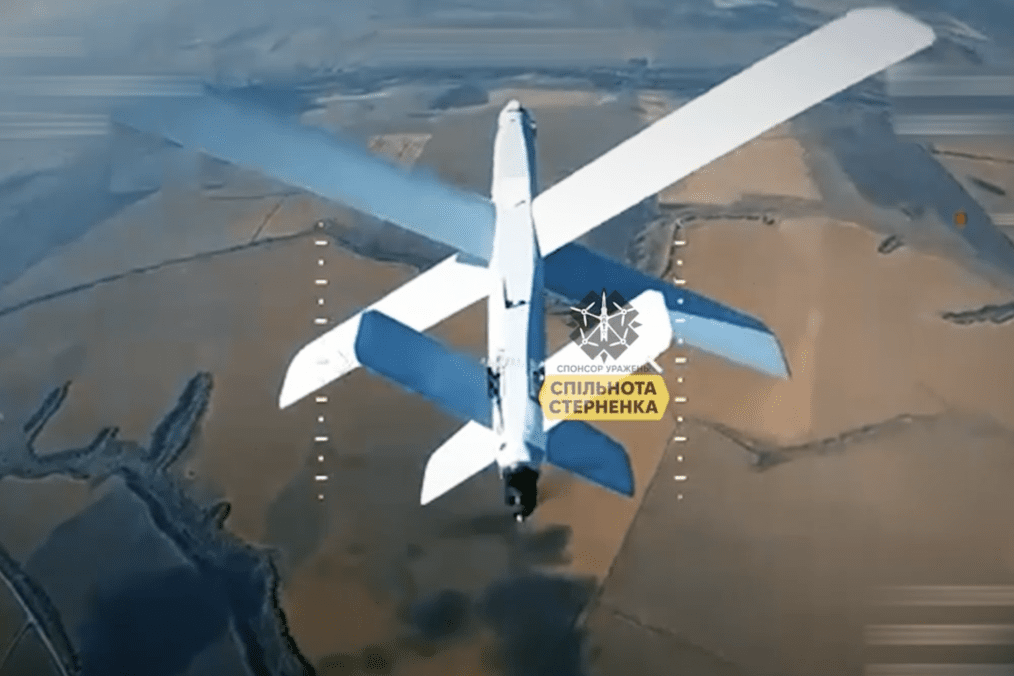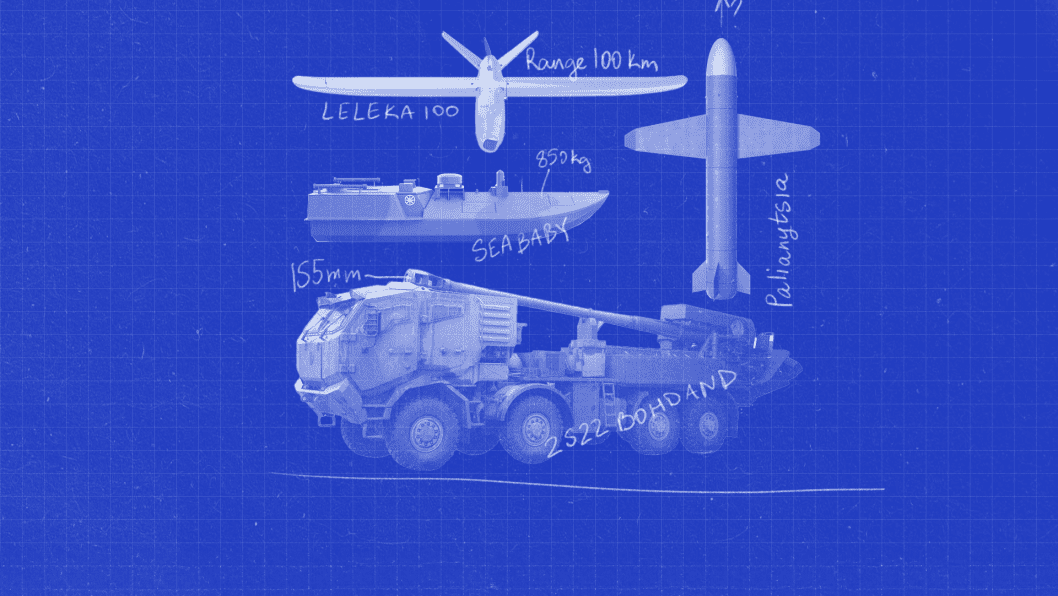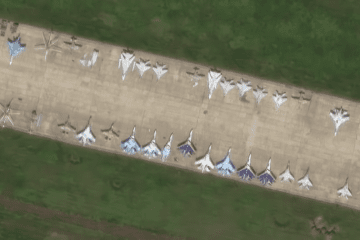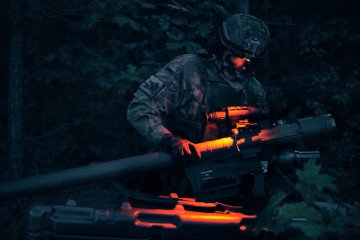- Category
- Latest news
Ukraine's FPV Drones Slash Russian Lancet Attacks, Reducing Strikes by 90%

Russian Lancet drone attacks, which were once a key weapon for targeting Ukrainian artillery and other military assets, have dropped sharply in recent months, largely due to Ukraine’s growing use of FPV interceptor drones, as reported by Forbes.
These interceptors are not targeting Lancets directly but are instead taking out the ZALA reconnaissance drones that guide them, disrupting the network of surveillance and communication that makes Lancet strikes effective.
The Lancet, which can strike at distances of over 25 miles (40.23 kilometers) and destroy tanks with its shaped-charge warhead, had been a key weapon for Russia. However, data from the Russian OSINT site Lostarmour shows a significant drop in Lancet strikes—from 180 in August to just 24 in November so far.
These ZALA drones, which fly at high altitudes and loiter over battle zones for extended periods, are often seen as vulnerable but are difficult to take down with traditional weapons. Although shoulder-fired missiles like the Stinger could target ZALAs, their high cost limits their use.

In response, Ukraine has deployed large numbers of specialized quadcopter interceptors designed to take down reconnaissance drones. These drones, adapted from ground attack FPVs, are equipped with shrapnel warheads and enhanced batteries and have proven highly effective at neutralizing Russian reconnaissance drones.
Serhii Sternenko, a Ukrainian activist and drone fundraiser, noted that the number of Russian reconnaissance drones and their strikes on deep rear targets has decreased by up to 90%. In addition, Ukraine has been using electronic warfare to jam or disrupt drone control signals.
While longer-range strikes by Shahed drones remain largely unaffected, Ukraine is developing new interceptors specifically to counter these threats. The success of these drone interceptors could give Ukraine a critical advantage in the ongoing battle for airspace control and battlefield intelligence, Forbes concludes.


-111f0e5095e02c02446ffed57bfb0ab1.jpeg)


